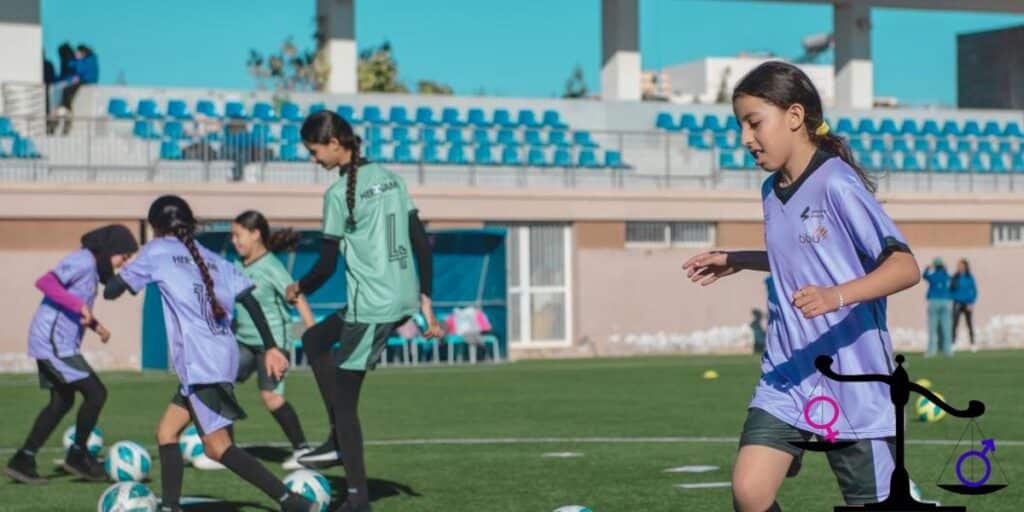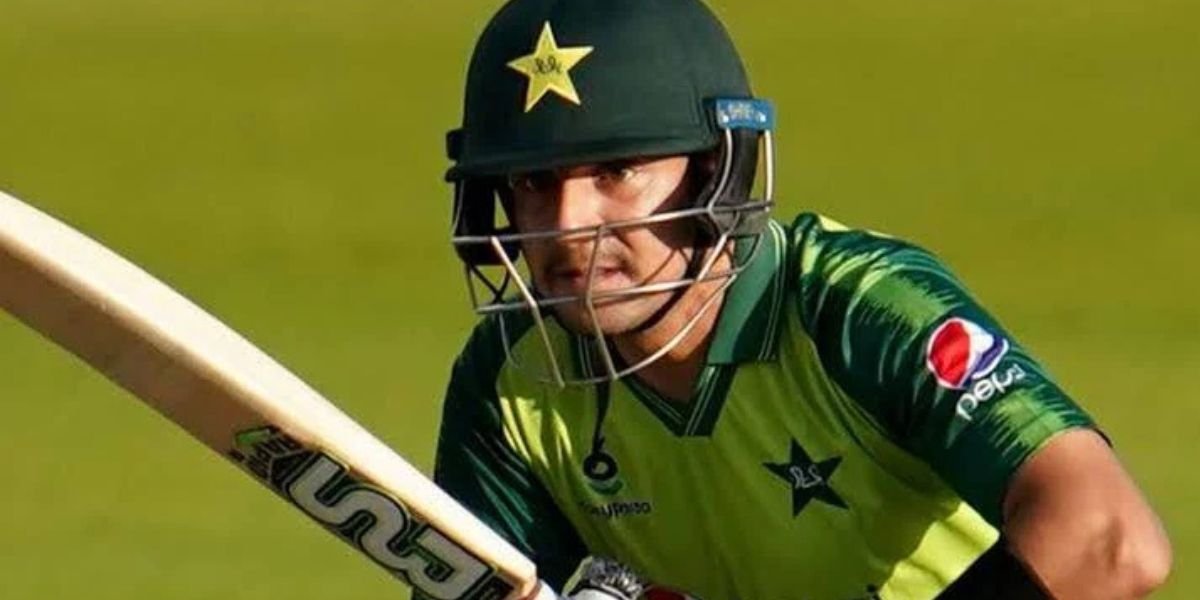Webdesk: UN High Commissioner for Human Rights Volker Türk called on the nations and sports organizations to take further steps toward implementing equal pay and fair treatment of female athletes to close gender gap in global sports.
He expressed grave concern over the continued discrimination practiced against female sports professionals in different parts of the world in a strong speech he delivered on Wednesday.
Türk pointed out that despite the growing spotlight on women’s sports in recent years, inequality still runs deep. Women athletes are not given the same recognition, pay, or protection as their male counterparts.
“Discrimination against women in sports still exists,” he warned, adding that these barriers must be broken down to create a world of sport where women are “treated as equals in terms of pay and value”.
One of the largest issues that he has identified is the scale of the pay difference. On average, top male football players receive approximately 1.8 million USD as a yearly salary, but their female counterparts in similar positions make just 10,900 or 24,000 USD a year.
He indicated that this broad gap is disadvantageous to women and limits their careers in sport.
The other issue that was voiced was the fact that women were underrepresented in leadership in sport clubs, governing bodies, and federations.
Women are not only underpaid, they are also underrepresented, holding fewer decision-making jobs and receiving much less media attention than men.
The problem, Türk added, goes deeper for some. Athletes of African descent, in particular, often face racist abuse and online hate, making it even harder for them to succeed.
These negative narratives add an extra layer of difficulty for women in sport and must be urgently addressed.
In his address, Türk stressed that states have a duty to ensure gender equality in sports.
He called on governments to pass strong anti-discrimination laws and to take firm steps to prevent abuse and harassment. He said it’s also essential that any incidents involving female athletes are properly investigated.
But responsibility doesn’t lie with states alone. Türk made it clear that sports organisations, especially those hosting major events, need to play their part too.
The spotlight on #WEURO2025 shows how far women’s sport has come—but the field is still far from level
— Volker Türk (@volker_turk) July 16, 2025
Women athletes still face pay gaps, discrimination & abuse
We must remove patriarchal barriers—& build a world of sport where women & girls are equally visible, valued & paid
He urged them to follow the UN Guiding Principles on Business and Human Rights, which ask companies to look closely at how their activities might impact women and to take action to reduce those risks.
Highlighting the wider importance of sport, the UN rights chief said it has the power to drive both economic and social change. That’s why it’s crucial to build a fairer sports environment where women and girls have the same chances as men and boys.
The concerns expressed by Turk have been supported by recent findings by NGOs and global reports. According to a 2024 report by the Equal Pay International Coalition (EPIC), male athletes make an approximate 21-fold difference over female counterparts in terms of playing salary alone.
In another instance, the Cricket Association of Nepal discovered a significant disparity in earnings between their men and women national teams in 2024, and blamed the absence of women who made decisions as a core factor driving this disparity.
What Türk’s wanted to convey was the following: the struggle to establish equality in sport is a long way away and the world should make things right now for female athletes around the world.
Read more: Man’s best friend: controversy, covers & Sabrina Carpenter’s comeback





